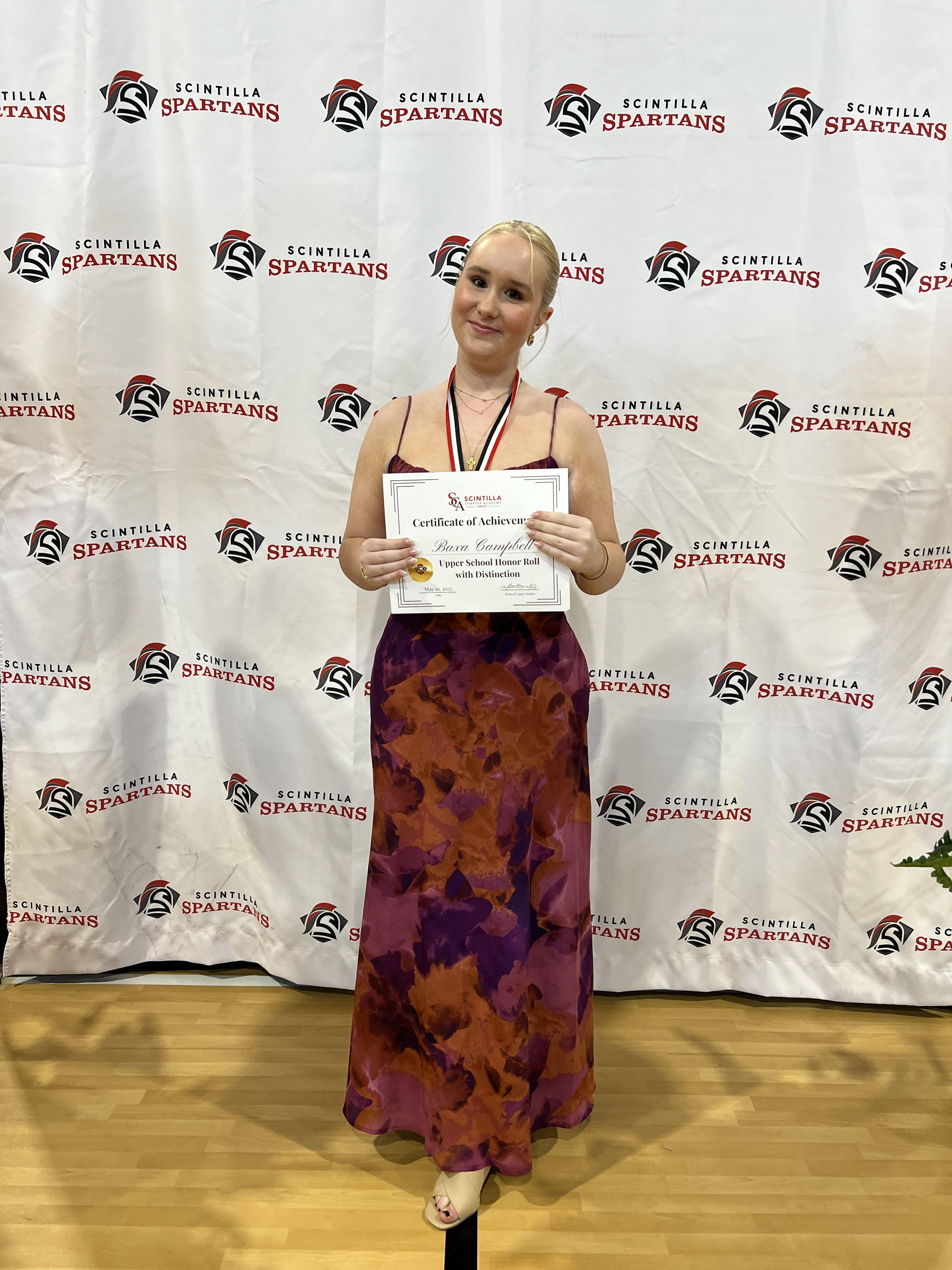JOHNSON: Let’s celebrate our own culture
Published 5:00 am Saturday, December 18, 2021

- DeWayne Johnson
It is only deserving for African Americans to place Kwanzaa as high in value, recognition and traditional practice as we do for Christmas each year.
The practice of honoring our ancestors has been made to seem taboo over the last 400 years. Yet, it has been OK to celebrate the anticipation of a European-based, fictional character during this season instead.
Unfortunately, we tend to prepare in excess of a month to celebrate Christmas but then fail to spend any effort recognizing our own holiday, which is arguably even more culturally and spiritually fulfilling.
As a majority of African Americans prepare to celebrate the tradition of Christmas, I encourage us to start this year by exercising at least one element of Kwanzaa to celebrate our own prestigious, rich culture and build from there.
Kwanzaa is an annual, non-religious holiday that takes place over seven days from Dec. 26 to Jan. 1, bringing family, community and culture together for many African Americans.
As do millions of others worldwide, I see it as my obligation to acknowledge and celebrate this holiday. Kwanzaa brings a cultural message, which speaks to the best of what it means to be African and human in the fullest sense.
Since Kwanzaa is not a religious holiday, but a cultural one, people of all faiths can and do celebrate Kwanzaa as well as Christmas.
With 52% of our city’s population African American and 75% of our city schools’ student population African American, it is logical to make the case that Kwanzaa should be celebrated within schools just as we promote other cultures to our students through St. Patrick’s Day, Cinco de Mayo and Thanksgiving.
The Nguzo Saba, or seven principles of Kwanzaa, are intended to expand our sense of cultural freedom, justice, peace and well-being.
1. Umoja (Unity) teaches us the oneness of our people, the common ground of humanity, the interrelated nature of life and the indispensable nature of family and community in our unification for love, work and progression.
2. Kujichagulia (Self-determination) reaffirms our right and everyone’s right to control our destiny and build good communities, societies and future.
3. Ujima (Collective Work and Responsibility) teaches us that we come into being, thrive and flourish through necessary relationships. Together we must conceive and construct the communities we all want and deserve.
4. Ujamaa (Cooperative Economics) teaches the value and practice of shared work and shared wealth, the right of people to their own resources and the equitable sharing of the good of the world.
5. Nia (Purpose) reminds us that we are divinely chosen to bring good in the world and this is the fundamental mission and meaning of human life.
6. Kuumba (Creativity) urges us to practice the ethical teachings and moral obligation to heal, repair and transform the world making it more beautiful and beneficial than we inherited it.
7. Imani (Faith) teaches us to hold firmly to the faith of our ancestors who taught us to respect each person, people and culture as a unique way of being human in this world.
The celebration of Kwanzaa is an opportunity to commemorate the African American community’s African ancestors and appreciate the values that they were determined to maintain here in the Americas.
“Habari Gani!”
DeWayne Johnson is a business owner, investor, keynote speaker and advisor. He has an M.S. in management from the University of Maryland and a B.S. in engineering from Georgia Tech. He is a member of The Valdosta Daily Times editorial board.





